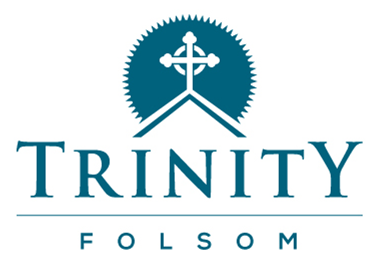What We
Believe
Our Beliefs
As Episcopalians, we believe in and follow the teachings of Jesus Christ, whose life, death, and resurrection saved the world.
We believe that God loves you—no exceptions.
The Episcopal Church embraces a legacy of inclusion, aspiring to tell and exemplify God’s love for every human being; people of all genders and sexual orientations serve as bishops, priests, and deacons in our church. Laypeople and clergy work together in leadership and governance.
As Episcopalians …
We embrace The Episcopal Church’s mission to restore all people to unity with God and each other in Christ.
We follow Jesus Christ, our Lord, and we believe in the Father, Son, and Holy Spirit.
We uphold the Bible and worship with the Book of Common Prayer.
We believe in amendment of life, the forgiveness of sin, and life everlasting.
We celebrate our unity in Christ while honoring our differences, always putting the work of love before uniformity of opinion.
We strive to love our neighbors as ourselves and respect the dignity of every person.
We recognize that there is grace after divorce and do not deny the sacraments to those who have been divorced.
We affirm that issues such as birth control are matters of personal informed conscience.
We exercise a vital role in the governance and ministry of our church.
We ordain both men and women, including those who are married, as deacons, priests, and bishops.
We share Holy Communion with all baptized Christians, not only members of The Episcopal Church.
Core to Our Beliefs
Book of Common Prayer
The Book of Common Prayer is a valuable collection of devotional and teaching resources for individuals and congregations, but it is also the primary symbol of our unity. We, who are many and diverse, come together in Christ through our worship, our common prayer.
The Bible
The Bible is our foundation, understood through tradition and reason, containing all things necessary for salvation. Our worship is filled with Scripture from beginning to end. Approximately 70% of the Book of Common Prayer comes directly from the Bible.
Baptismal Covenant
A mini-catechism used at baptisms and on Easter and other special occasions, the baptismal covenant (found in the Book of Common Prayer, pp. 304-305) opens with a question-and-answer version of the statement of faith that is the Apostles’ Creed and adds five questions regarding how we, as Christians, are called to live out our faith.
The Catechism
Offered in a question-and-answer format, the catechism found in the back of the Book of Common Prayer (pp. 845-862) helps teach the foundational truths of the Christian faith.
The Creeds
In the two foundational statements of faith—the Apostles’ Creed used at baptism, and the Nicene Creed used at communion—we join Christians throughout the ages in affirming our faith in the one God, who created us, redeemed us, and sanctifies us.
The Sacraments
“Sacraments are outward and visible signs of inward and spiritual grace” (Book of Common Prayer, p. 857). Besides baptism and the Eucharist (Holy Communion), the church recognizes other spiritual markers in our journey of faith.
Found in the Book of Common Prayer, these include:
- Confirmation (the adult affirmation of our baptismal vows), pp. 413-419
- Reconciliation of a Penitent (private confession), pp. 447-452
- Matrimony (Christian marriage), pp. 422-438
- Orders (ordination to deacon, priest, or bishop), pp. 510-555
- Unction (anointing with oil those who are sick or dying) pp. 453-467
Source: The Episcopal Church website.

